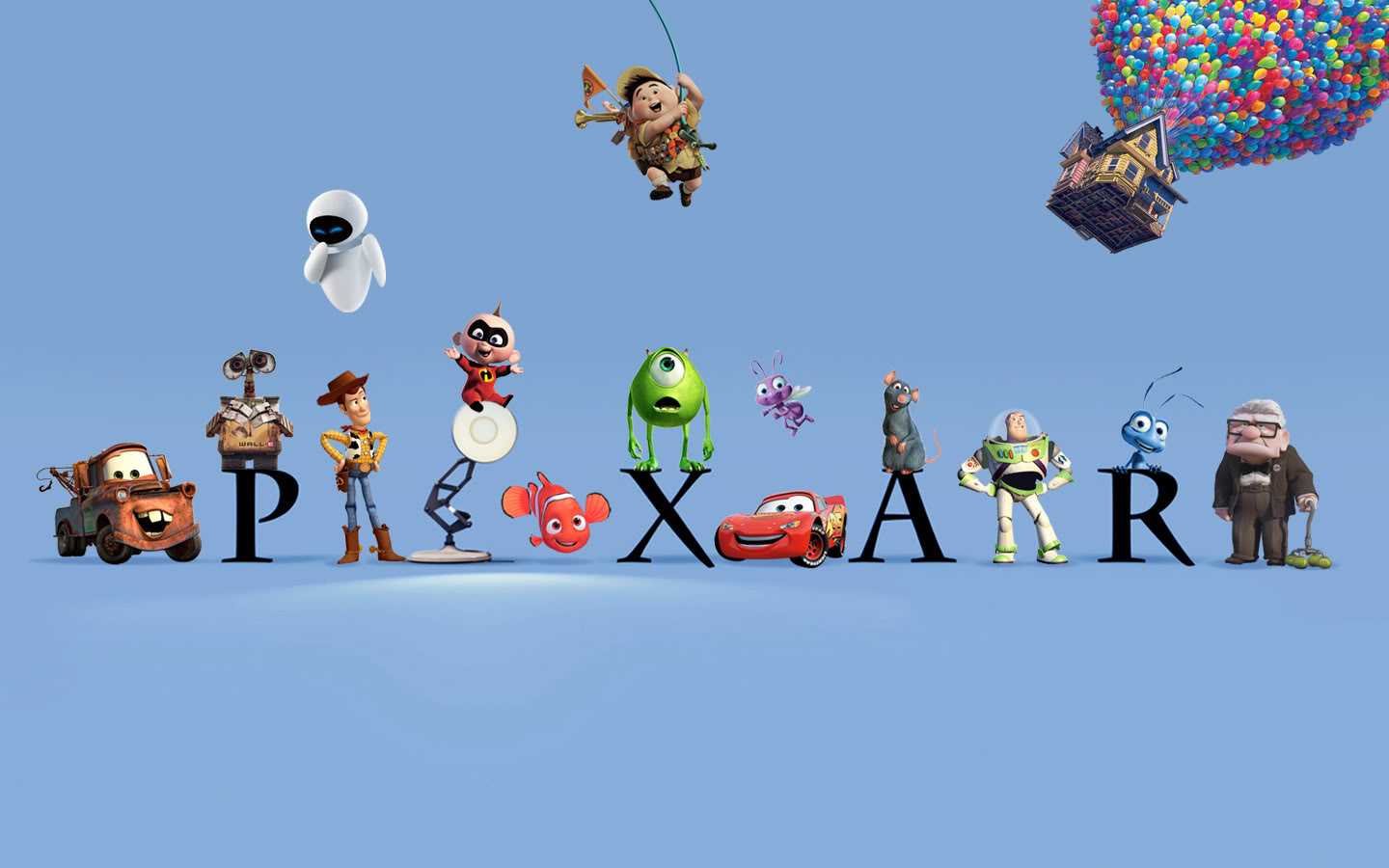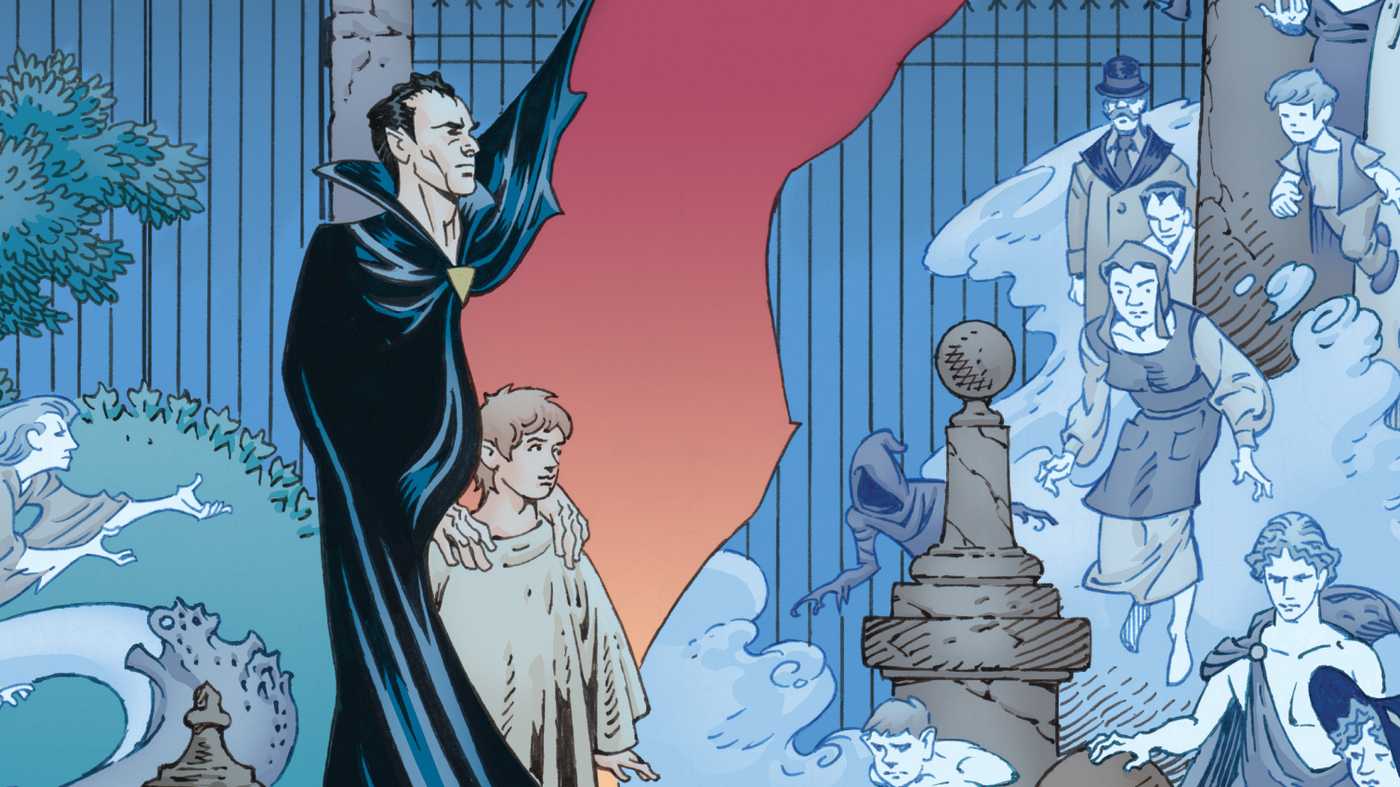Summer Reads 2016
I've come a long way from hating Summer Reading lists to writing my own. Curiosity and the realization that I didn't have to read the "classics" launched me into a reading frenzy which is pretty much my most valuable habit that I have now. I'm proud to say my book collection is larger than my mother's shoe collection. This was no easy feat.
This summer's reading list contains some books with the theme of awareness, change and growth. Another underlying theme is the power of collaboration. In some cases with other people, and in others, the collaboration between your rational and emotional side.
Seeking Wisdom
by Peter Bevelin
Wise lessons from many of history's greatest thinkers. Perfect for lovers of learning and multidisciplinary exploration. Thinking is a skill and Beveling goes on a quest to weave together learnings about attaining wisdom. Seeking Wisdom focuses on how our thoughts are influenced, why we make misjudgments and tools to improve our thinking. We can achieve more wisdom by fooling ourselves less, learning from our mistakes and more so from the mistakes of others.
The book is separated into four parts, Part one is about what influences our thinking, Part two is about the psychology of misjudgments, Part three is about the Psychics and Mathematics of misjudgment and Part four provides guidelines for better thinking. This is the type of book where you'll find yourself revisiting it many months or years from now.
Radical Acceptance
by Tara Brach
“When we experience our lives through this lens of personal insufficiency, we are imprisoned in what I call the trance of unworthiness. Trapped in this trance, we are unable to perceive the truth of who we really are.”
Radical acceptance is an abundantly warm and compassionate read. Tara Brach delivers her teachings through her personal stories, case histories, modern interpretation of Buddhist tales and guided meditations. Tara shared a deep and painful moment in her past, realizing that even the spirituality can be taken over by the ego. During a month-long yoga retreat, while pregnant, she miscarried and informed her spiritual instructor, who remained silent and then angrily berated her, blaming her for losing her child. Feeling humiliated from such a painful experience and the loss of a child and abandonment by her group, she found herself alone and searching for answers.
At her lowest point, she found herself saying, “I want to accept myself completely, just as I am.”
I learned a lot about mindfulness, compassion, empathy, and strength through vulnerability and radical acceptance of oneself.
Ego is the Enemy
by Ryan Holiday
Ego is the Enemy, is a book that's goal is that you will think less of yourself by the end of it. For people with ambition, talent, drive, and potential, ego is the fuel and also the poison. An unhealthy belief in our importance is the definition the book uses to explore ego and how it is the enemy of repeating and retaining success, building relationships and trust, importing yourself and being creative, among other things.
Ego is the Enemy pulls from numerous stories and examples, from literature to philosophy to history. We see how ego blinds us from reality and imprisons us in our minds.
Reading two of Ryan's other books Growth Hacker Marketing and The Obstacle is the way, I am used to his writing styling, piecing together stories from history and his professional experience, but have been left feeling a void. In the Ego is the Enemy, Ryan's writing and the organization has improved a bit.
Creativity Inc
by Ed Catmull, Amy Wallace
I'm a HUGE Pixar fan; love a well-told story. I look for any excuse to watch a Pixar movie; luckily I have a 6-year old brother to take with me now that I'm older. In Creativity Inc. Catmull, president of Pixar and Disney Animation, reveals the stories, trials, and triumphs behind Pixar and some of it's most beloved films like Toy Story, Monsters Inc. Finding Nemo, The Incredibles and up to name a few, most having taken the world by storm and filled the audience with many delight and tears.

One big thing that stands out to me in the story is Catmull's focus on others as opposed to himself. He invests heavily in his team and has created a fertile environment for creativity and risk taking. Although the tools and technology have changed over time, the fundamentals of storytelling remained the same. But it takes a certain touch to evoke emotions and weave a story so skillfully.
The book also has a lot of business wisdom, but it's not your typical business book, and it's not a typical memoir. The book is about learning, creativity, teamwork, resilience, failure and success. This book is inspirational and is one of the best books I've read this year.
Switch
by Chip Heath, Dan Heath
In a similar fashion to the Heath brother's other two books Made to Stick and Decisive, using a core analogy, they write a simple, story-driven narrative, backed with years of research in psychology, sociology and other fields showing us the patterns of creating change. The core analogies used are The Rider, which represents our rational mind, the thinker and The Elephant, which represents the emotional mind, the feeler.
There is a three-part framework that the book focuses on to bring about change in any situation:
- Direct the Rider. What looks like resistance is often a lack of clarity. So provide crystal-clear direction.
- Motivate the Elephant. What looks like laziness is often exhaustion.[..] it's critical that you engage people's emotional side — get their Elephants on the path and cooperative.
- Shape the Path. What looks like a people problem is often a situation problem.[..] When you shape the path, you make change more likely, no matter what's happening with the Rider and Elephant.
When the Rider and the Elephant work together, powerful change and growth will happen.
The Graveyard Book
by Neil Gaiman
A plot similar to The Jungle Book and Tarzan, with the essence of a Tim Burton Movie and extravagant spooky characters like those Halloween movie specials the Disney Channel used to feature. And yet, The Graveyard book stood all on its own, with amazing writing and creativity from Gaiman. Not only did this book bring me into the world of Bod, short for Nobody, who was raised by the inhabitants of the graveyard, but it also made me feel like an adventurous kid again.
I listened to the Narration by Neil Gaiman himself and thought it added so much personality and emotion to the story. Highly recommend the Audible version.
